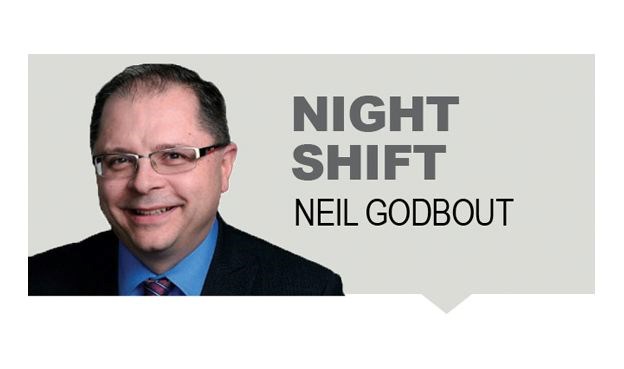Everything is political, the professors say on the first day of first-year political science classes.
Even if a person’s action or inaction affects other people indirectly or not at all, merely witnessing it or being aware of the action or inaction can prompt a reaction from others.
Therefore, everything is political.
Shopping has always been a political act. From the vehicles we drive to the clothes we wear, we are broadcasting messages about our identity and our politics.
In the time of a pandemic, shopping has become even more overtly political.
Are you shopping alone to reduce numbers in stores and the exposure to frontline retail workers?
Are you going out when you need something (and only buying what you need) and limiting your trips to once a week or less?
Are you making a constant effort to physically distance yourself from other shoppers and retail employees, apologizing when you accidentally get too close?
Are you wearing a mask?
Your answers and even the tone in which you answer are political statements. Making responsible decisions about your own health and the health of others has always been fraught with political tension, from smoking and drinking to abortion and medically-assisted suicide.
Naturally, when people make choices and conduct themselves accordingly in public, those not making similar choices can’t help but feel everything from unease to anger.
So the disdainful looks between shoppers while in stores is no surprise. Those wearing masks and keeping their distance eye up those who don’t as irresponsible COVID-iots. Those who don’t wear masks and make little to no effort at distancing look at those who do as weak-kneed worry warts.
There is one critical difference, however, between the two groups.
A few months ago, if someone had been making a blatant effort to keep two metres away from others at all times while at the store, they might have got a passing strange look, if they would have been noticed at all.
Those people are keeping their distance for two reasons: to help keep themselves safer and also to keep others around them safer.
But the opposite isn’t true.
Someone who chooses not to keep a respectful distance from others while at the store has chosen to put their own individual freedom, beliefs and/or ignorance over the safety of others.
The disdain from the more cautious people is the lack of concern about the safety of themselves AND others.
The disdain from the less cautious people is simply that other people aren’t behaving the same as they are.
We see this in other areas of society, both small and large, from drinkers annoyed when they offer someone a beer and the response is “no thanks, I don’t drink” to the rolling of the eyes whenever someone brings up environmental concerns about a development project.
More than a few people have already brought up that this pandemic is a perfect example of why so many people just can’t wrap their heads around climate change. Deadly viruses are too small and the global climate is too big. Both are difficult to predict and both require education and imagination to see the peril they pose to us as individuals, as a society and even as a species.
In both cases, it’s far too easy to claim that the relatively minor sacrifices to our personal freedoms and our wealth in the present don’t warrant taking precautions for an ominous but vague threat in the future.
In other words, if it’s not a clear and present danger, it’s not dangerous.
Put another way, some people buy lots of home and life insurance and plenty don’t buy any at all because spending real money right now to guard against an unlikelihood seems dumb.
Of course, a virus, the effects of climate change and the fire that burns your house down care not whether you were aware of the risk or were but chose to ignore it.
Choosing to wear a mask and physically distance at the store or not is a political choice, whether we like it or not.
Be kind, Dr. Bonnie Henry has implored British Columbians since the pandemic began.
The very act of kindness involves considering one’s effect, direct or indirect, on the well-being of others.
That’s a sad commentary about society when the province’s public health officer needs to remind grown adults to simply follow the golden rule of treating others with the same decency and respect we would each like to be treated in return.
That, too, is political.



